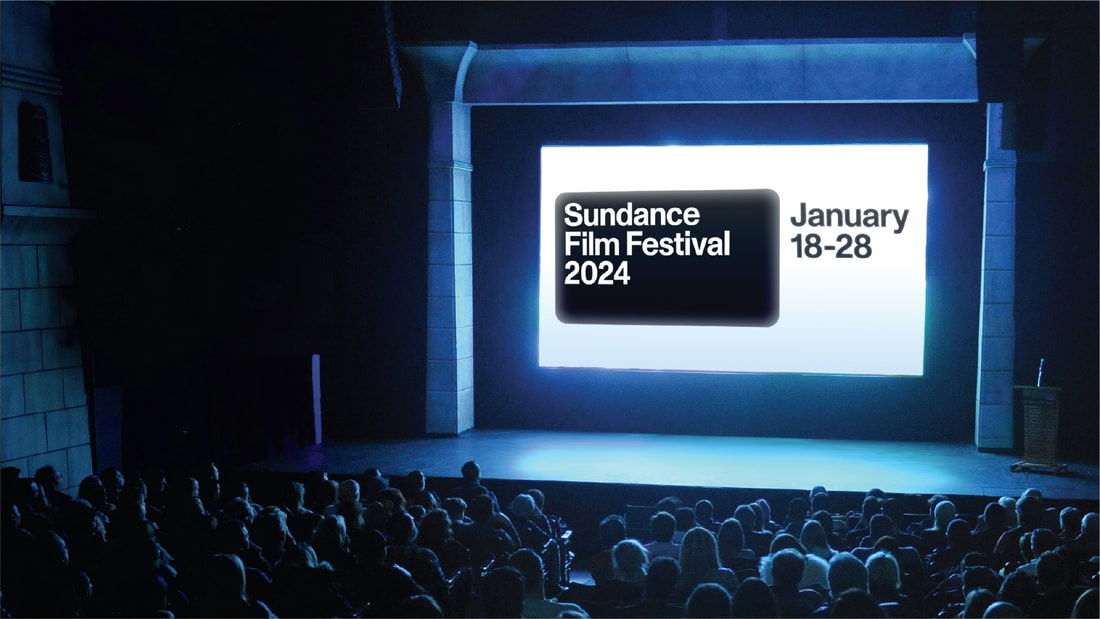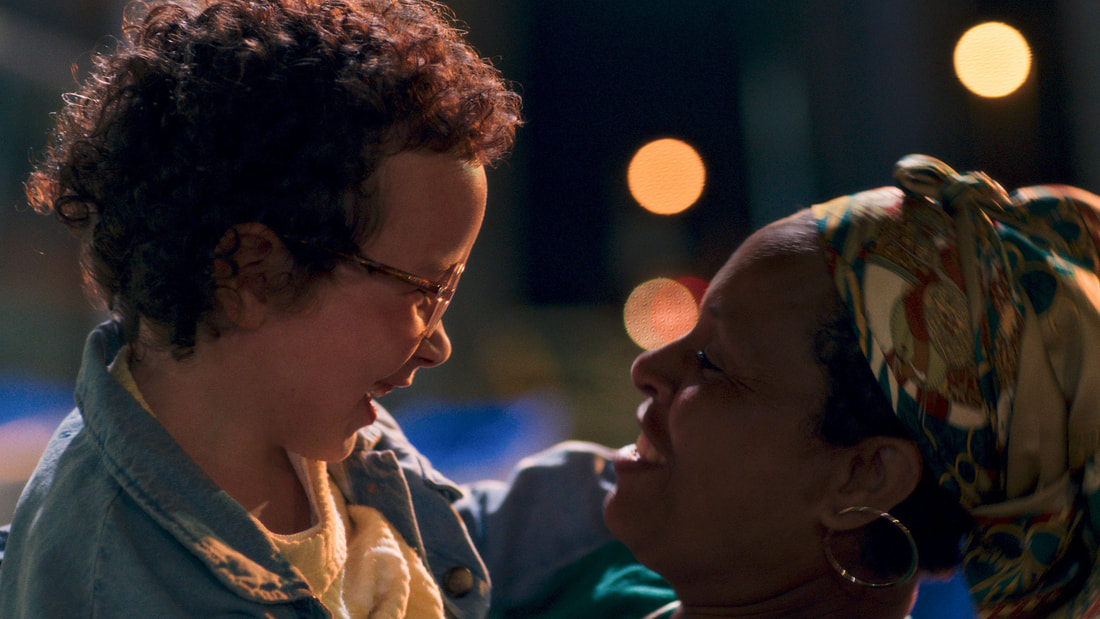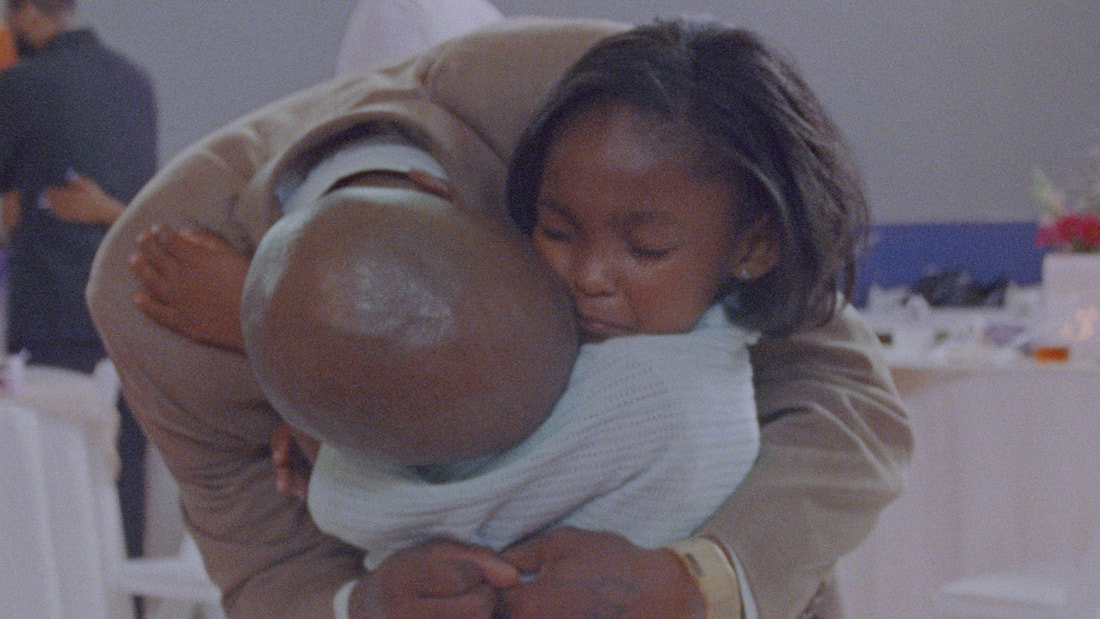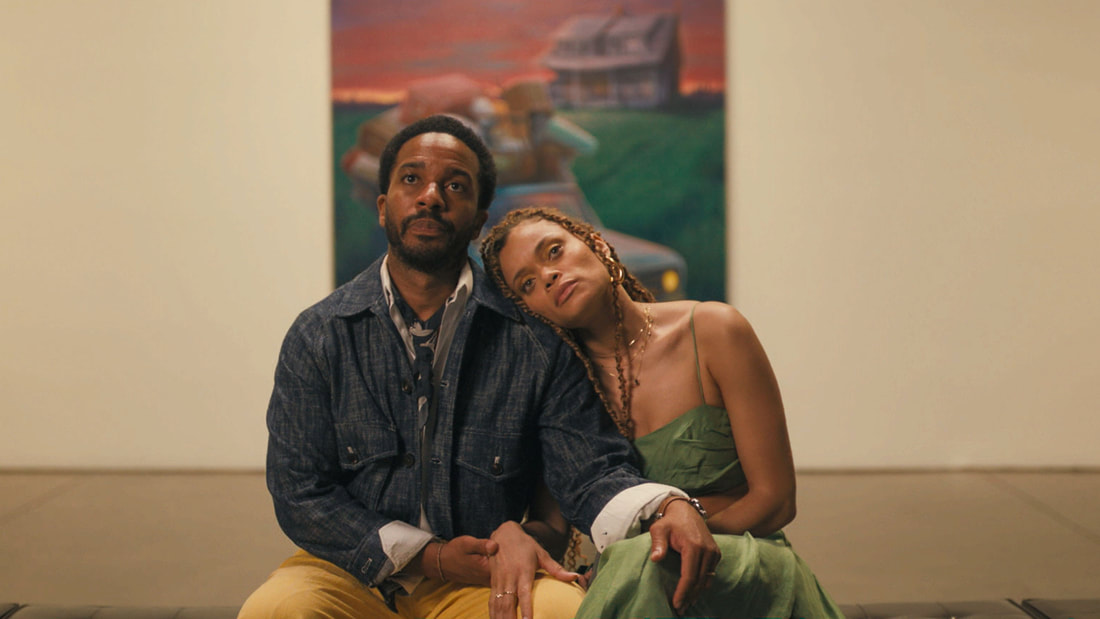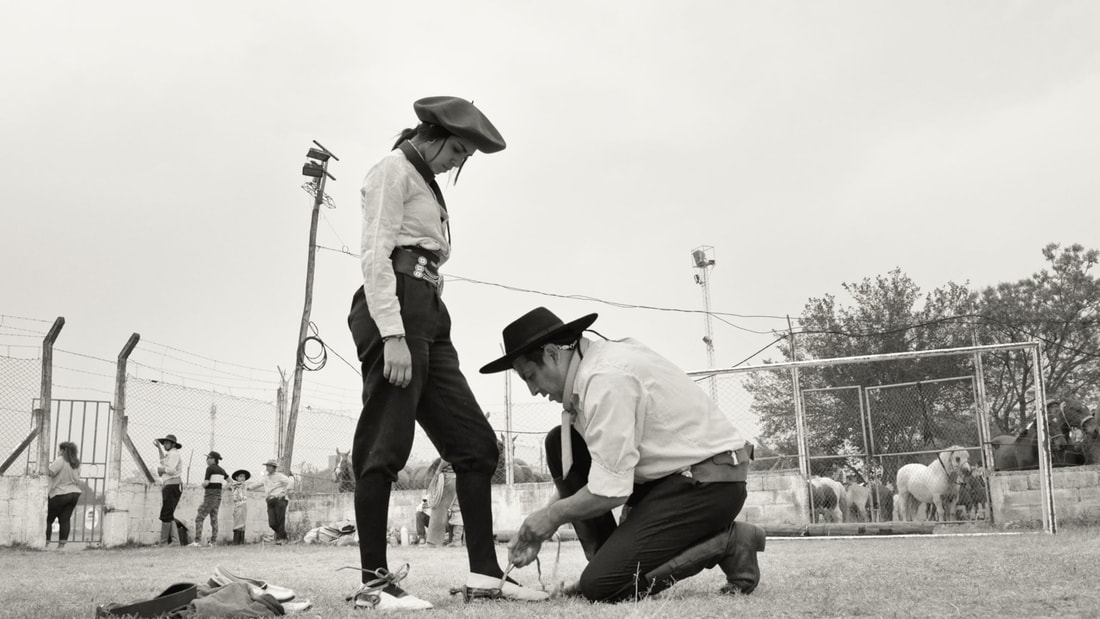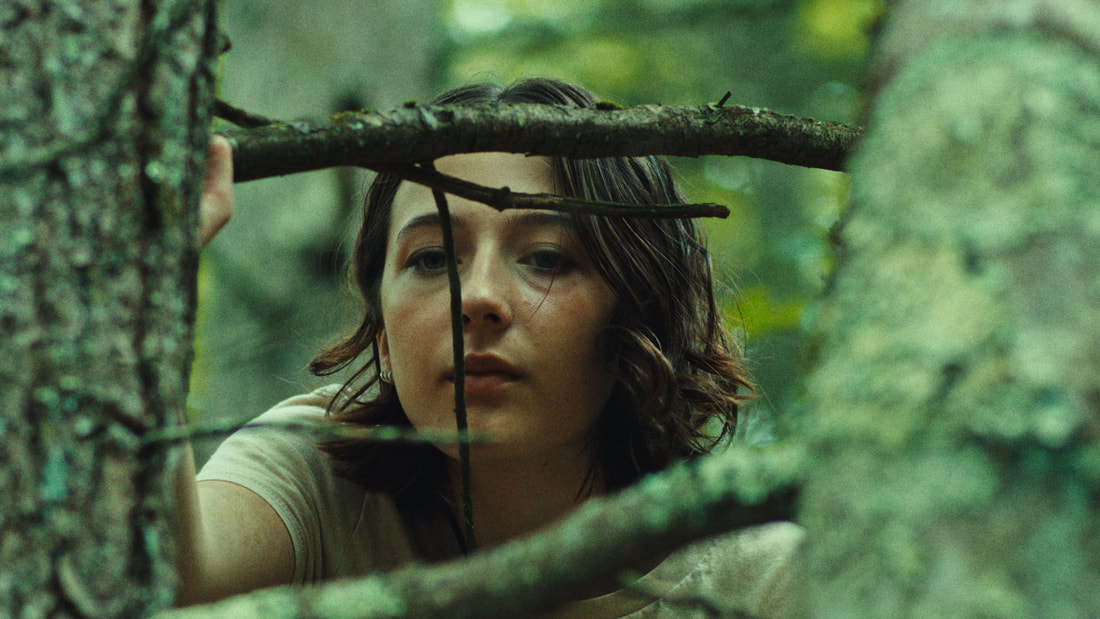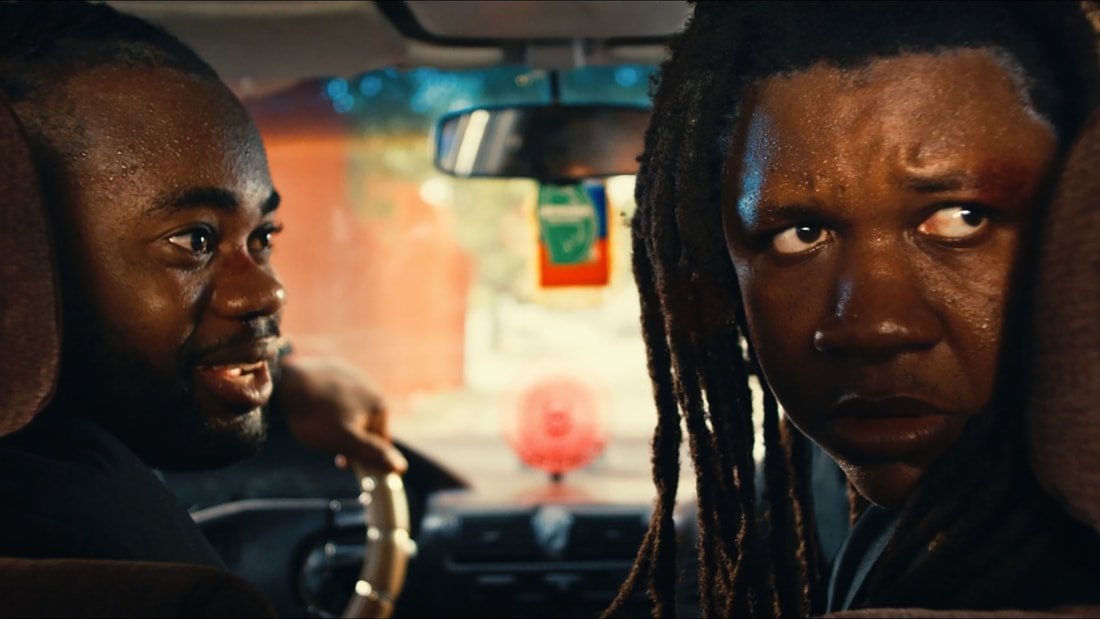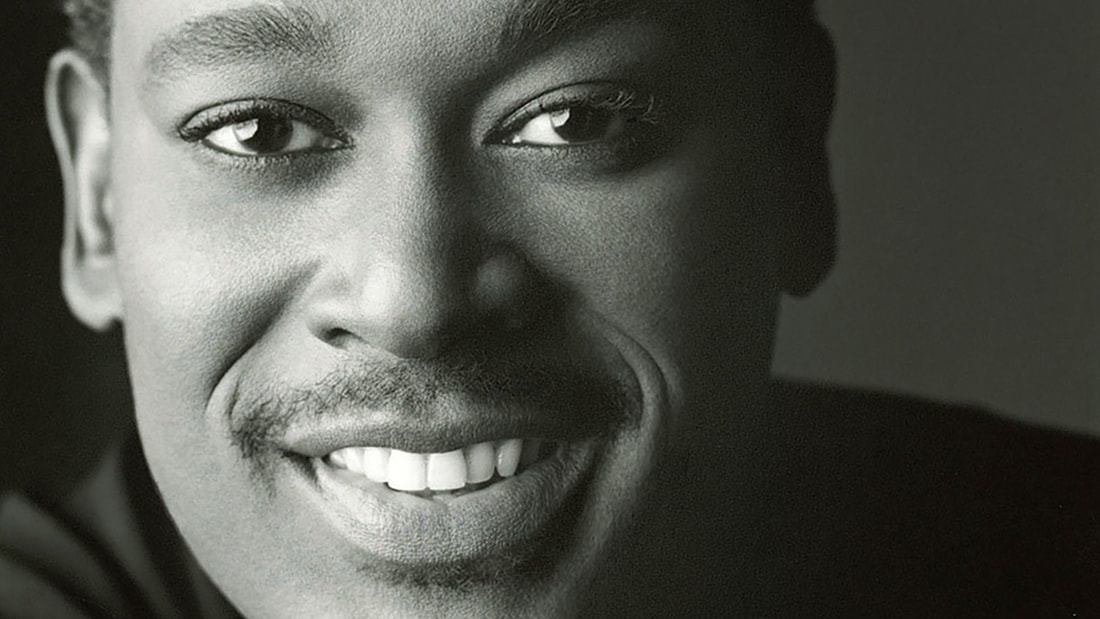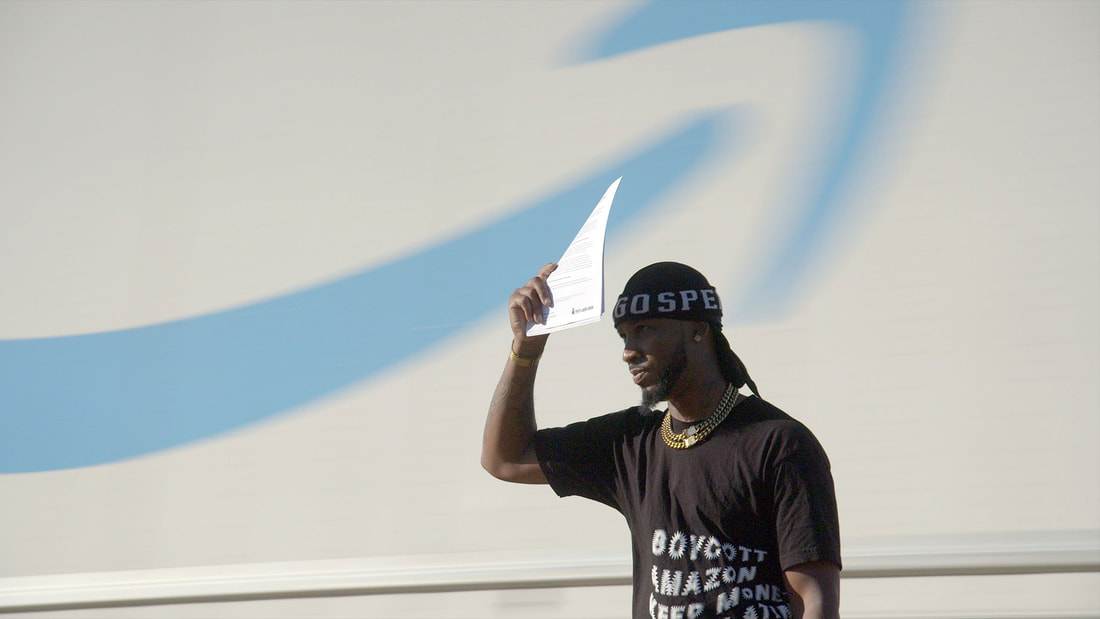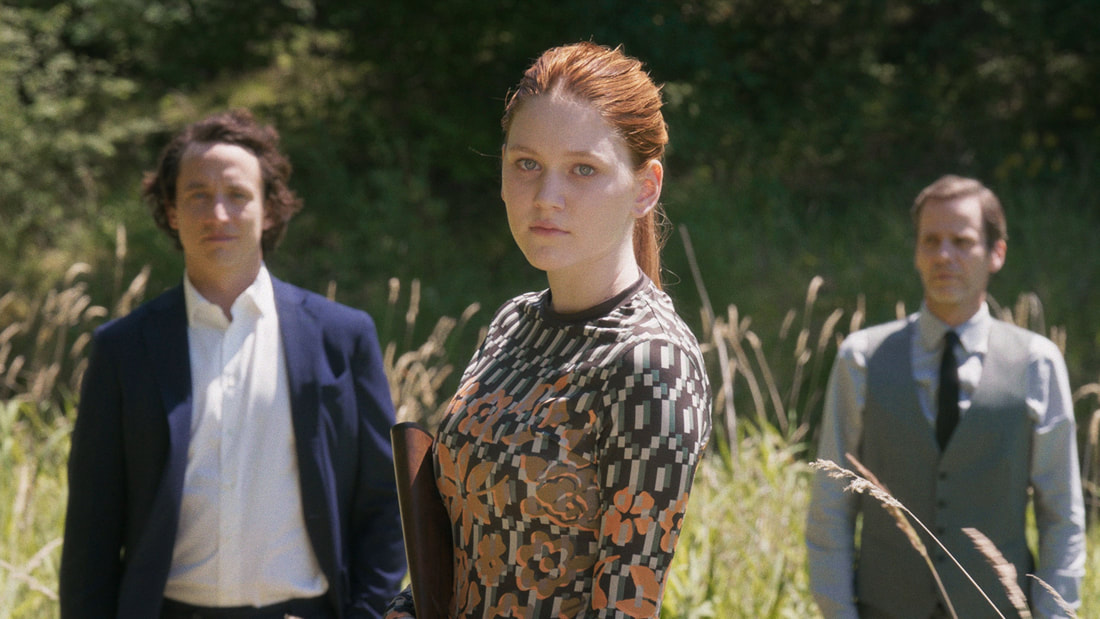|
Review by Sean Boelman
In 2024, Sundance again offered a hybrid edition of the festival, with in-person screenings and festivities happening at the festival’s home in Park City, Utah, and nearby Salt Lake City, with select films available online across the United States.
We at disappointment media again got the opportunity to cover Sundance remotely. Here are some of the films we saw as part of this year’s lineup. àma Gloria
The French drama àma Gloria debuted in last year’s Cannes Semaine de la Critique before making its way to Park City. Filmmaker Marie Amachoukeli does a great job of tenderly exploring this unorthodox love between a 6-year-old girl and the nanny who essentially raised her. Although it’s a bit one-note, both thematically and emotionally, a brisk 86-minute runtime and great performances from Louise Mauroy-Panzani and Ilça Moreno Zego allow it to be consistently impactful.
And So It Begins
Filmmaker Ramona S. Diaz’s previous documentary exploring the intricacies of the Filipino political system, A Thousand Cuts, was widely acclaimed. Yet while that film took a compelling, investigative journalism-focused approach, her follow-up, And So It Begins, assumes the form of a more straightforward fly-on-the-wall campaign doc. Although the campaign of candidate Leni Robredo makes for a compelling story that opens the door to numerous questions, some of the most intriguing aspects of the film are not what was intended. Viewers might find themselves more interested in the unique mechanics of Robredo’s campaign than Robredo’s message, which feels counterintuitive to the film that Diaz was trying to make.
Daughters
Winning not just the Audience Award in the US Documentary Competition at Sundance but also the overall Festival Favorite award, it’s understandable why the documentary Daughters connected with audiences so well. It’s a crowd-pleasing, tear-jerking story of a group of inmates given the opportunity to connect with their children through a “Daddy-Daughter dance.” Some moments are thoroughly devastating, exposing systemic injustices that many other films have tried and failed to explore.
Exhibiting Forgiveness
Titus Kaphar’s Exhibiting Forgiveness is a visually stunning film, although it would be shocking if it were any less, considering the story revolves around an artist. In the movie, André Holland plays an artist who is unexpectedly visited by his estranged father, who hopes to reconcile. Holland shines — as does James Earl Jelks, who plays his father — but this story feels too slow and familiar to make much of an impact. Still, there are some incredible moments here, and Kaphar infuses the film with an ineffable sense of humanity. It will be intriguing to see what the filmmaker does next.
Gaucho Gaucho
Michael Dweck and Gregory Kershaw already explored and celebrated the weird world of Italian truffle hunters. Their latest film turns the camera to the traditions of Argentine cowboys known as “gauchos.” Anyone who saw The Truffle Hunters will be unsurprised to learn that the cinematography of Gaucho Gaucho is utterly spellbinding, with the choice to shoot in black and white allowing it to be particularly gorgeous. However, even beyond the surface beauty of the documentary, there’s a deep inner beauty thanks to the humanistic perspective Dweck and Kershaw take in exploring this community.
Good One
India Donaldson’s directorial debut, Good One, is incredibly confident, and even if it doesn’t always work, you have to admire how deliberate it is. Following a teenager who goes on a camping trip with her father and his best friend, the film is a ticking time bomb, leading to a result that is visible from a mile away. Still, even though we know what the film is going to say from moment one, its message resonates thanks to incredible performances — especially from newcomer Lily Collias.
Igualada
The story of activist (and now Colombian Vice President) Francia Márquez is a fascinating story deserving of the documentary treatment, but Juan Mejia Botero’s Igualada doesn’t quite do its extraordinary subject justice. The title refers to a derogatory term levied against Marquez during her bid for office that she reclaimed as part of her campaign. When Botero explores this backlash alongside Marquez, the documentary is utterly engrossing. However, the film too often falls back onto traditional biographical beats for it to make much of a lasting impact. In other words, this is yet another Sundance documentary carried by the strength of its subject.
Kidnapping Inc.
The Haitian crime comedy Kidnapping Inc. has some intriguing elements, but they don’t congeal into anything particularly satisfying. Following two down-on-their-luck kidnappers who become unwittingly entangled in a political conspiracy, the plot somehow feels overly simplistic yet also far too convoluted. It’s not very funny either, nor does the political satire pack much of a bite. Nevertheless, the film’s never boring — it’s so manic that it won’t let you get bored — and the final act, even if it feels entirely unearned, does leave you thinking.
Luther: Never Too Much
Dawn Porter is an incredible documentary filmmaker, so it’s massively disappointing that Luther: Never Too Much is almost completely a dud. The filmmaking on display is competent across the board, and there’s lots of great music and interviews. Yet the angle with which it approaches its subject’s story is frankly disrespectful to his legacy. Luther Vandross was an incredible talent, but this documentary focuses far too much on his struggles with weight — even despite including archive interviews in which he asked the media not to linger on or define him by his weight. There are so many more things this film leaves unexplored to focus on that thread.
Union
Stephen T. Maing and Brett Story’s documentary Union tells an essential story: the plight of Amazon workers fighting for the right to unionize. Maing and Story take an exposé-style approach, showing not only the methods that the Amazon Labor Union is using to fight for workers’ rights but also the unethical union-busting practices of the biggest company in the world. The film is equal parts inspiring and infuriating, but at a certain point, one has to wonder if this film will only reach people who already agree with its message.
Veni Vidi Vici
The social satire Veni Vidi Vici desperately wants to be a riff on the themes of The Most Dangerous Game in a Michael Haneke style. However, it can’t pull it off because it lacks the wit, sharpness, or depravity to achieve that tone. The result is a film that’s simply dull and annoying. It is a shame that this isn’t more interesting, as the cinematography is gorgeous to behold, and there are some interesting performances, but it’s just genuinely unpleasant to watch.
The 2024 Sundance Film Festival ran from January 18-28 in-person in Park City, UT and online from January 25-28.
0 Comments
Leave a Reply. |
The Snake HoleRetrospectives, opinion pieces, awards commentary, personal essays, and any other type of article that isn't a traditional review or interview. Archives
June 2024
Categories
All
|
|
|
disappointment media
Dedicated to unique and diverse perspectives on cinema! |

